
If there were clear indications that eggs were trapped inside the ovaries, then surgical procedures might be tried to release them. But the reality is that most women who are suffering from PCOS and trying to conceive don't have high LH levels and they don't identifiable "lumps" in their ovaries. The real cause of PCOS for most women is something much more basic and, fortunately, much easier to fix. The primary contributing factor in most cases of PCOS is insulin resistance. This is a term that gets quoted a lot without ever getting explained, so here are the basics. Insulin transports sugar out of the bloodstream into the cells that need it. It fits like a key into a "lock" on the outside of the cell, allowing glucose sugar inside. The cells then burn the glucose for fuel. The process of burning glucose creates a lot of free radicals. If they start getting too much incoming glucose, they protect themselves from free radicals by refusing the glucose. They "resist" the effects of insulin. When cells don't take up glucose, it stays in the bloodstream. The pancreas senses that blood sugar levels are too high, and responds by creating more insulin.
Cells then become even more resistant to insulin, and blood sugar levels go even higher. In many cases this process results in diabetes. The ovaries, however, never develop resistance to insulin. They take in more and more sugar, burning it faster and faster. This upsets their normal activities. The ovaries normally make a lot of estrogen and a tiny amount of testosterone. Under constant stimulation from insulin, however, they make both a lot of estrogen and an unusually large amount of testosterone. This testosterone, the hormone normally associated with masculine external characteristics, can cause acne and hair growth.
And in combination with insulin it acts on the brain to send a signal to make LH, and more LH, and more LH, just as quickly as it breaks down in the bloodstream. LH levels may not get high enough to show up in blood tests, but this hormone that makes tough proteins to protect the eggs works all the time. Through a long sequence of steps, too much sugar results in a failure to ovulate. But women who are able to diet and exercise to break the cycle of insulin resistance are often able to restore fertility.



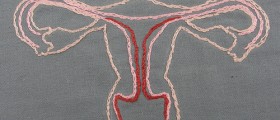
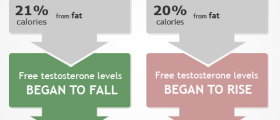



_f_280x120.jpg)
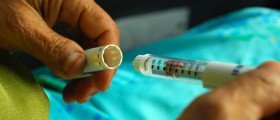

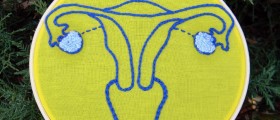
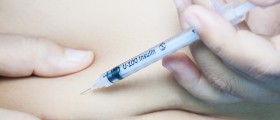



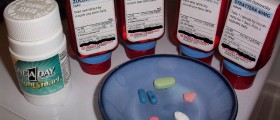
Your thoughts on this
Loading...